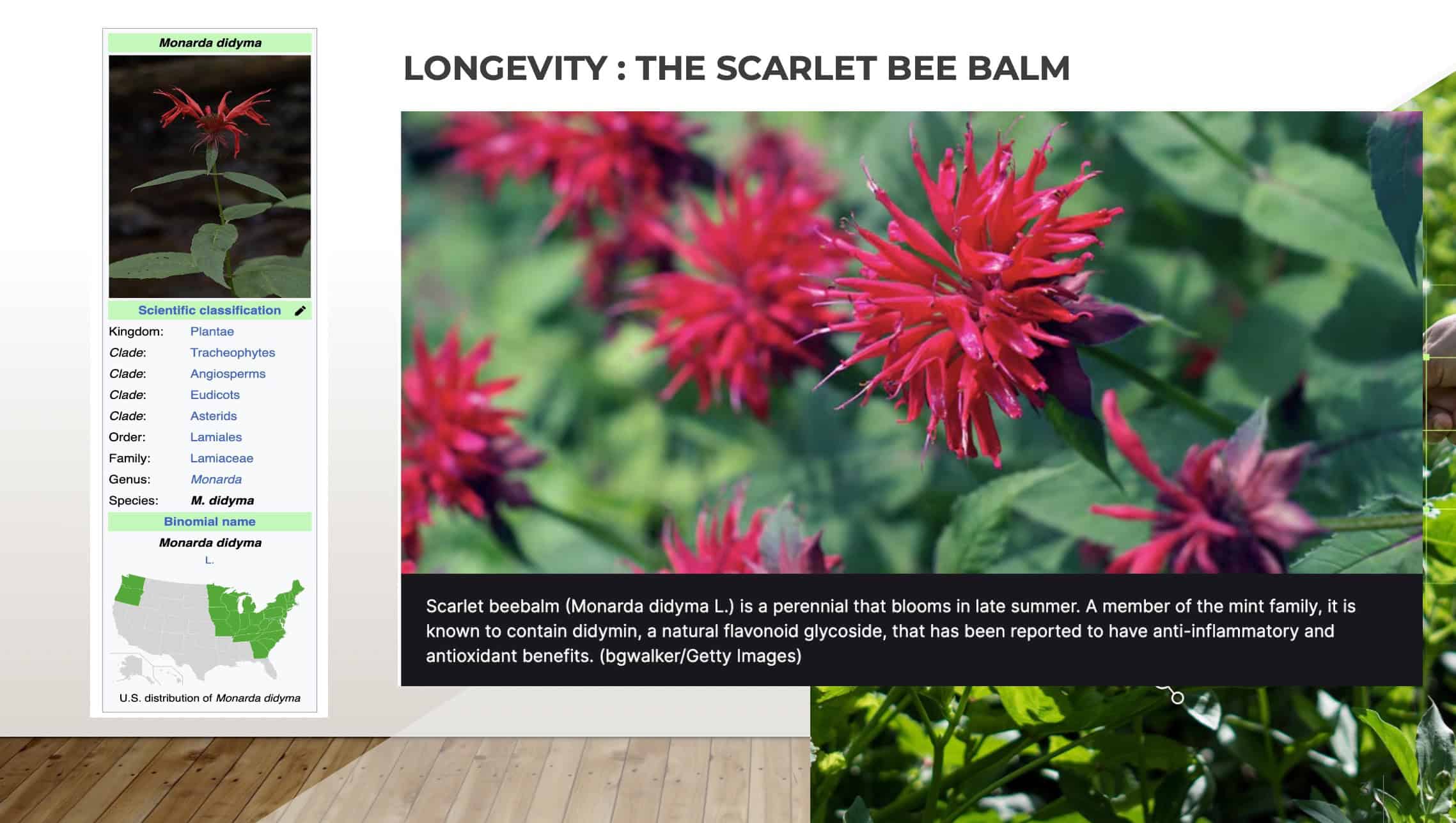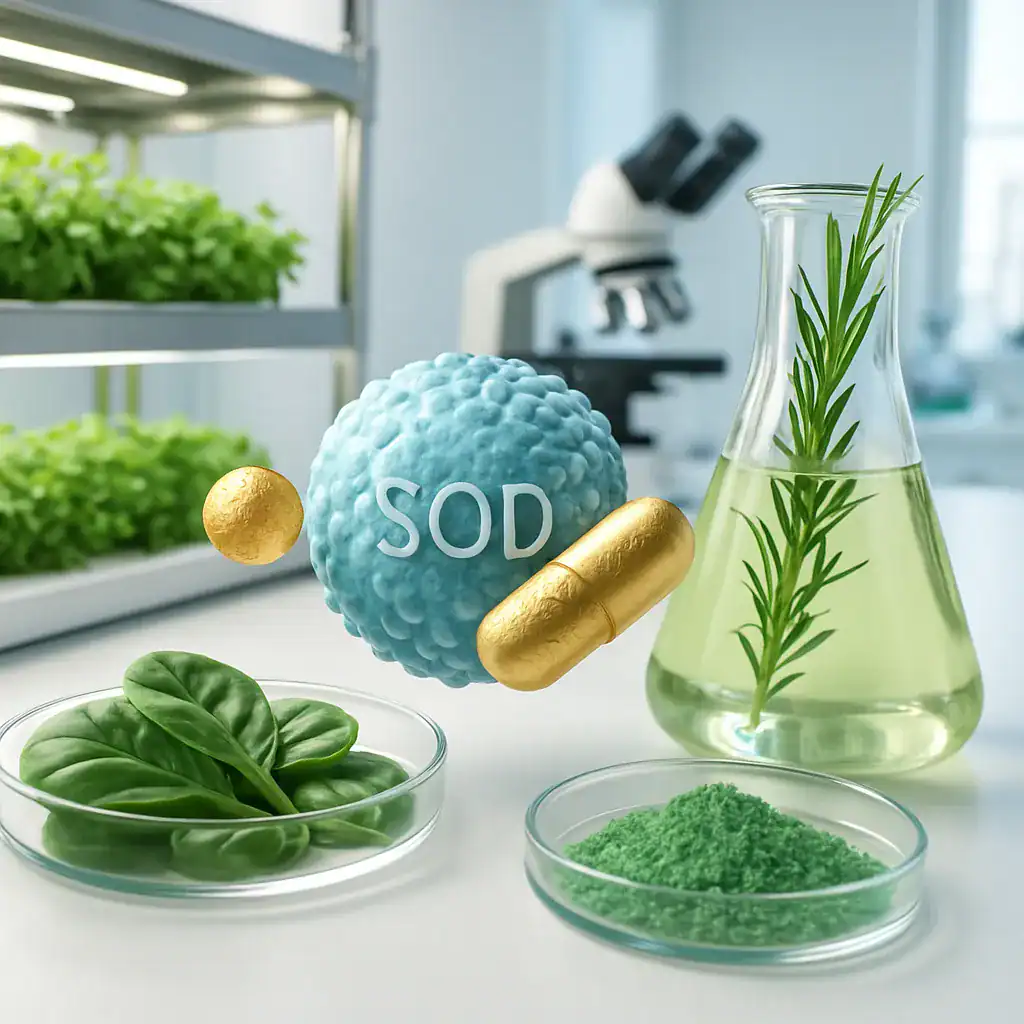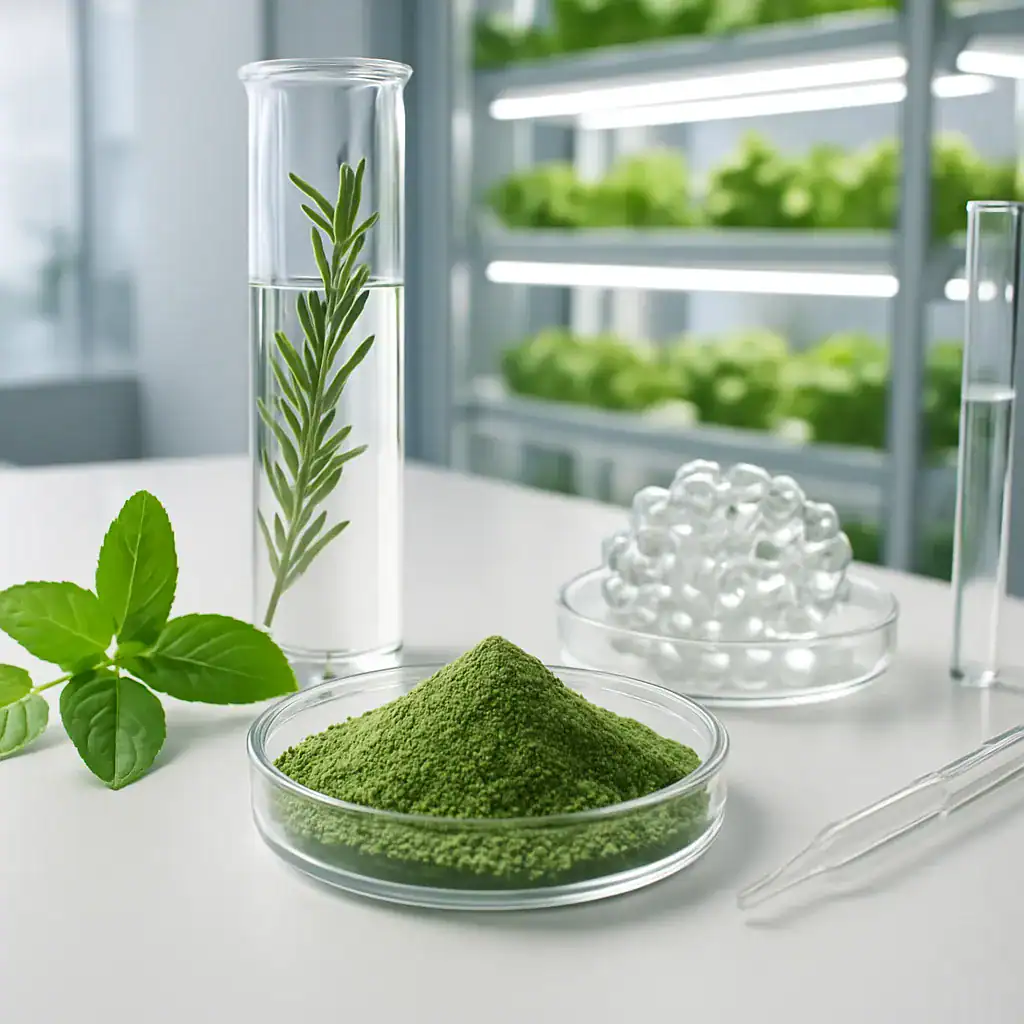Nickel-Free Herbal Extracts: A Safer Choice for Sensitive Individuals
Understanding the Importance of Sustainable Herb Sourcing
Sustainable herb sourcing represents a fundamental shift in how botanical ingredients for nutraceuticals and health supplements are cultivated, harvested, and processed. You might wonder why this matters so much in today’s health industry. Well, consider this: every herbal supplement you recommend to your clients begins its journey as a plant somewhere in the world. The methods used to grow these plants directly impact not only their therapeutic potency but also our planet’s wellbeing.
When we talk about sustainable herb sourcing, we’re referring to practices that ensure botanical ingredients are produced in ways that maintain ecological balance, support biodiversity, and provide fair compensation to farmers and workers. But have you ever considered that the sustainability of an herb affects its bioactive compound profile? That’s right—plants grown under environmental stress often produce different phytochemical compositions than those cultivated in optimal, sustainable conditions.
For dietitians and nutritionists, this translates to a critical consideration: the supplements you recommend are only as good as their source materials. Sustainable herb sourcing ensures consistent potency, purity, and efficacy of the final product. It’s the difference between recommending a supplement that delivers predictable results versus one with variable therapeutic outcomes.
That’s clear from a clinical perspective, but sustainability goes beyond efficacy. It addresses ethical concerns about environmental impact, fair trade practices, and the preservation of traditional knowledge associated with medicinal plants. In essence, sustainable herb sourcing forms the foundation upon which truly effective, ethical nutraceutical innovation is built.
Our Key Areas of Expertise

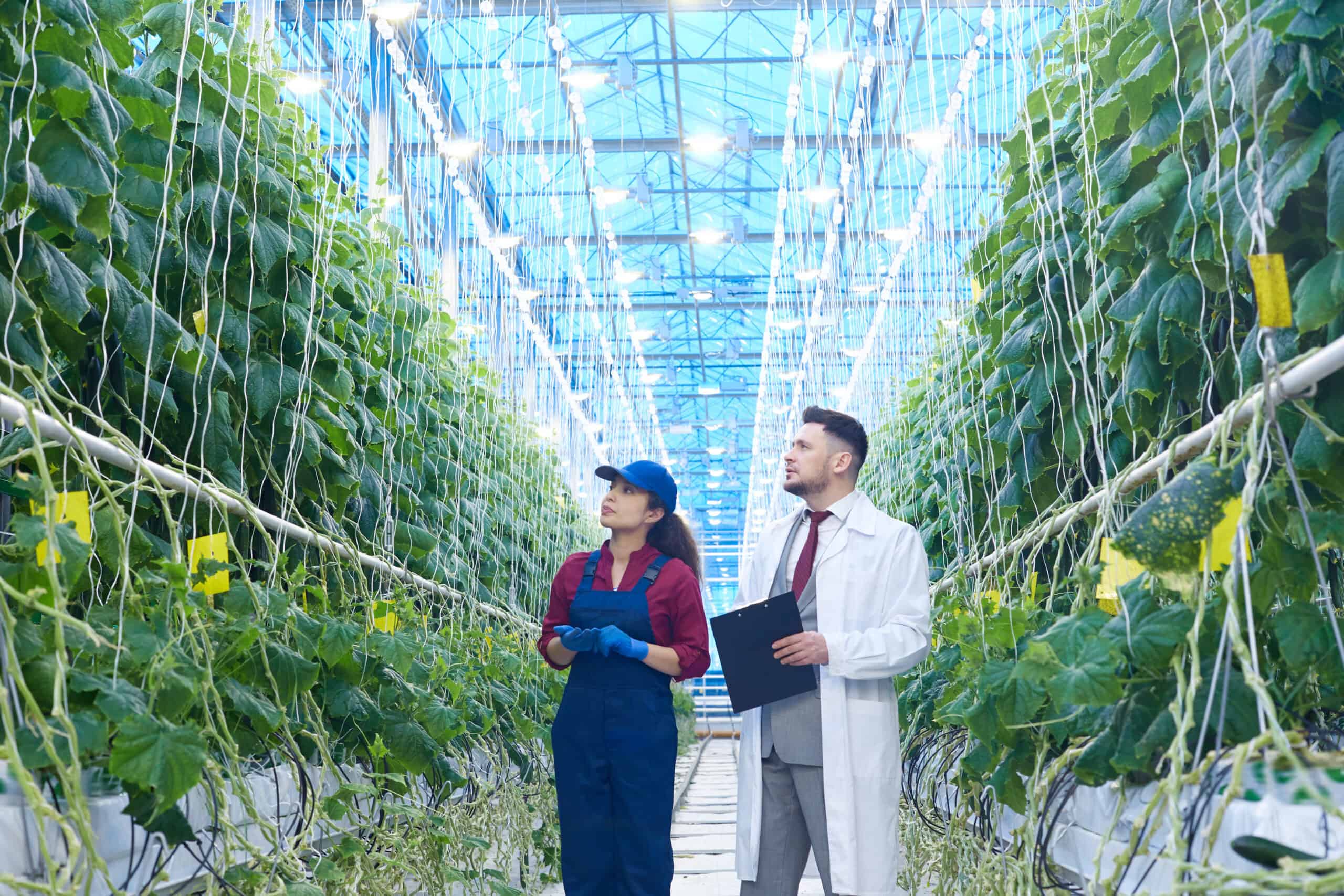

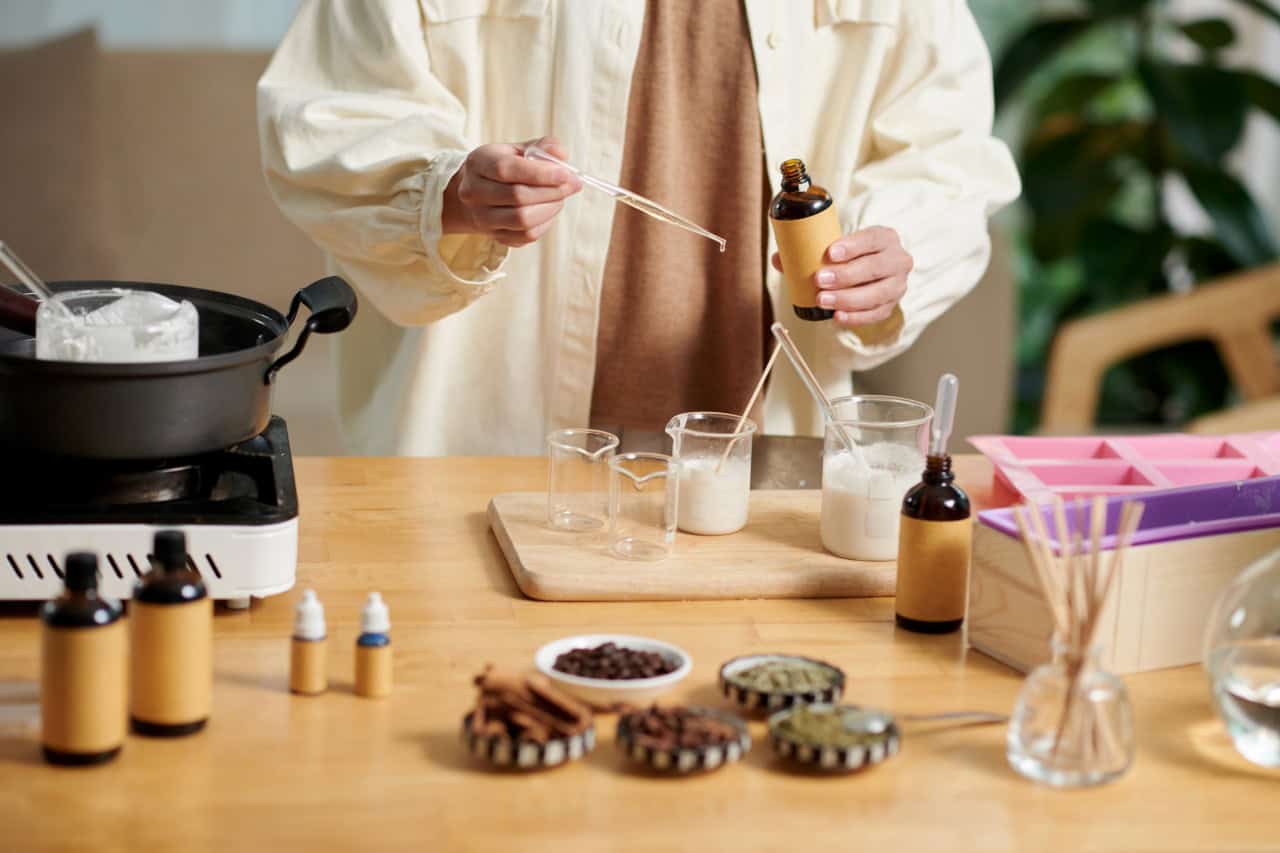
The Integration of Sustainable Herb Sourcing in Modern Nutraceutical Production
Vertical Farming: Revolutionizing Botanical Ingredient Quality
When you implement sustainable herb sourcing in your product development strategy, you’re embracing an approach that fundamentally transforms the entire production chain. Vertical farming represents one of the most significant innovations in this space. Unlike conventional agriculture that depletes soil nutrients and requires extensive land use, vertical farming systems cultivate herbs in stacked layers with controlled environments. This method uses up to 95% less water while producing herbs with consistently higher concentrations of bioactive compounds.
You might notice that vertical farming botanicals often display superior phytochemical profiles compared to traditionally grown herbs. This is because vertical farming eliminates environmental variables that typically stress plants unpredictably. Instead, growth conditions are optimized to enhance the production of desired medicinal compounds like flavonoids, alkaloids, and terpenes. For your customers seeking reliable therapeutic effects from supplements, this consistency provides a significant advantage.
Extraction Technologies: Preserving Nature’s Potency
The connection between sustainable sourcing and extraction methods cannot be overstated. When herbs are grown sustainably, the subsequent extraction processes must honor this commitment to quality and environmental responsibility. Advanced extraction methods like supercritical CO2 extraction and enzyme-assisted extraction have emerged as eco-friendly alternatives to traditional solvent-based approaches. These techniques not only reduce environmental impact but also preserve the delicate molecular structures of bioactive compounds.
Consider how your product formulations benefit from these innovations:
- Higher bioavailability of active ingredients
- Reduced processing-related degradation
- Elimination of harmful solvent residues
- Extended shelf stability without synthetic preservatives
- Enhanced sensory qualities (taste, aroma, color)
Exosome Technology: The Bridge Between Sustainability and Efficacy
Perhaps the most exciting development in the sustainable herb processing pipeline is the implementation of plant-derived exosomes. These natural nanocarriers represent a revolutionary approach to delivering botanical compounds with unprecedented precision. When sourced from sustainably grown herbs, exosomes maintain their native bioactive properties while providing a vehicle for enhanced absorption.
You’ll find that exosome-based delivery systems address several challenges simultaneously:
| Traditional Challenge | Exosome Solution |
|---|---|
| Poor intestinal absorption | Natural lipid structure facilitates cellular uptake |
| Rapid metabolic degradation | Protection of compounds within vesicle structure |
| Limited tissue penetration | Nano-size allows deeper tissue delivery |
| Inconsistent bioavailability | Standardized delivery mechanism |
| Sustainability concerns | Compatible with vertically farmed botanicals |
Quality Control Integration Throughout the Supply Chain
Sustainable herb sourcing necessitates comprehensive quality assurance protocols that extend from seed to shelf. When you choose products developed with this integrated approach, you’re benefitting from multiple verification checkpoints:
- Genetic authentication of plant species
- Testing for environmental contaminants (heavy metals, pesticides)
- Standardization of active compound concentrations
- Bioactivity verification through in vitro assays
- Stability monitoring throughout processing and storage
This rigorous quality control framework ensures that bioactive compounds maintain their efficacy throughout the production process. For your customers with specific health concerns, this translates to reliable therapeutic outcomes.
Economic and Social Dimensions of Sustainable Sourcing
The impact of sustainable herb sourcing extends beyond environmental and product quality considerations. The ethical sourcing of botanical ingredients creates economic ripple effects that support community development and preserve traditional knowledge. When you select products from companies committed to fair trade practices, you contribute to:
- Preservation of indigenous knowledge about medicinal plants
- Fair compensation for local farmers and wildcrafters
- Investment in sustainable agricultural infrastructure
- Protection of cultural heritage related to herbal medicine
- Development of regional economic stability in growing regions
Regulatory Compliance and Transparency
As consumer awareness grows, regulatory frameworks have evolved to address the complexities of sustainable supply chains. You should be aware that truly sustainable herb sourcing now involves comprehensive documentation and traceability systems. These systems allow for verification of claims regarding origins, cultivation methods, and processing standards.
Modern nutraceutical innovation depends on this transparency to maintain consumer trust. When your customers review product labels claiming “sustainably sourced” ingredients, they increasingly expect verification through recognized certification programs like:
- USDA Organic
- Fair Wild
- Rainforest Alliance
- Forest Stewardship Council
- Non-GMO Project
Formulation Advancements Enabled by Sustainable Ingredients
The consistency provided by sustainable herb sourcing has enabled significant advancements in nutraceutical formulations. You’ll find that products developed with these ingredients often feature:
- Optimized synergistic combinations of botanicals
- Precise standardization of active constituents
- Improved stability without synthetic additives
- Enhanced organoleptic properties requiring less masking
- Greater compatibility with specialized delivery systems
This integration of sustainable sourcing with advanced formulation science represents the cutting edge of the industry, where ethical production meets therapeutic excellence.
R&D Consultancy
Discover how PhNóva’s R&D Consultancy can help transform your idea into a market-ready solution — with expert support in formulation, regulatory compliance, and innovative delivery systems to give your product a competitive edge.
FAQ's about Nickel-Free Herbal Extracts: A Safer Choice for Sensitive Individuals
What is the difference between vertical farming and traditional herb cultivation for medicinal plants?
Vertical farming represents a revolutionary approach to sustainable herb sourcing by growing plants in stacked layers under controlled conditions. Unlike traditional cultivation that depends on seasonal cycles and geographical limitations, vertical farming provides precise control over light, temperature, and nutrients. You’ll find that herbs grown this way develop more consistent phytochemical profiles because environmental stressors are eliminated. Additionally, vertical farming reduces water usage by up to 95% while dramatically decreasing land requirements, making it a superior method for producing high-quality medicinal herbs.
How do sustainably sourced herbs impact the efficacy of exosome delivery systems?
Sustainably grown herbs produce superior plant-derived exosomes with enhanced integrity and functionality. When herbs are cultivated without environmental stressors or synthetic chemicals, their cellular structures—including exosomes—maintain natural bioactivity. This directly impacts how effectively these nanocarriers deliver therapeutic compounds to target tissues. You’ll find that exosomes derived from sustainably grown plants demonstrate greater stability, improved cellular uptake, and enhanced protective properties for their bioactive cargo. This synergy between sustainable agriculture and advanced delivery technology represents the cutting edge of nutraceutical innovation.
What certification standards should I look for when sourcing sustainable herbs for nutraceutical production?
When sourcing herbs for your formulations, prioritize products with recognized certification standards that verify sustainability claims. Look for USDA Organic, which ensures cultivation without synthetic pesticides or fertilizers. Fair Wild certification guarantees ethical wild-harvesting practices that preserve plant populations. Rainforest Alliance focuses on biodiversity conservation in tropical regions. For comprehensive validation, seek suppliers with transparent chain-of-custody documentation detailing cultivation methods, harvest practices, and processing protocols. These certifications provide assurance that your botanical ingredients meet rigorous environmental and ethical standards.
How does sustainable herb sourcing contribute to preservation of traditional herbal knowledge?
Sustainable sourcing creates economic incentives that help preserve traditional knowledge surrounding medicinal plants. When communities receive fair compensation for their botanical resources, they’re motivated to maintain cultural practices related to identification, cultivation, and processing of medicinal herbs. This approach helps document endangered knowledge that might otherwise disappear as communities modernize. You’ll find that many sustainable sourcing initiatives include partnerships with indigenous healers and knowledge keepers, creating formal systems to record traditional uses while ensuring benefits flow back to communities of origin.
What technologies are improving traceability in sustainable herb supply chains?
Blockchain technology has revolutionized supply chain transparency by creating immutable records of each transaction from harvest to final product. You’ll also find QR code systems that allow customers to trace specific batches to their origin farms. Genetic fingerprinting provides absolute verification of botanical identity, preventing substitution or adulteration. Satellite monitoring helps verify sustainable cultivation practices by tracking land use changes. These technologies work together to create unprecedented transparency, allowing you to verify sustainability claims with objective data rather than relying solely on supplier assurances.
How do extraction methods influence the sustainability profile of herbal ingredients?
Modern extraction technologies significantly impact overall sustainability beyond farming practices. Supercritical CO2 extraction eliminates toxic solvent use and reduces energy consumption by 25-45% compared to conventional methods. Enzyme-assisted extraction works at lower temperatures, preserving thermally sensitive compounds while reducing energy needs. Water-based ultrasonic extraction minimizes environmental impact by eliminating organic solvents entirely. You should consider these processes when evaluating a product’s complete sustainability profile, as responsible sourcing efforts can be undermined by extraction methods that generate hazardous waste or consume excessive energy.
What role does bioavailability play in sustainable herb formulations?
Enhanced bioavailability represents a critical advantage of sustainably sourced herbs. When plants are grown without chemical stressors, they produce phytochemicals with optimal molecular structures and natural cofactors that improve absorption. This superior bioavailability allows for smaller effective doses, reducing the total biomass needed. You’ll find that sustainable formulations often incorporate natural amplifiers like phospholipids or specific terpenes that further enhance absorption. This approach creates a positive feedback loop where improved efficacy supports conservation by requiring less raw material per therapeutic dose.
Get in Touch with PhNóva
Have questions or need expert guidance? Contact us today — our team is ready to assist you with tailored solutions for your formulations.
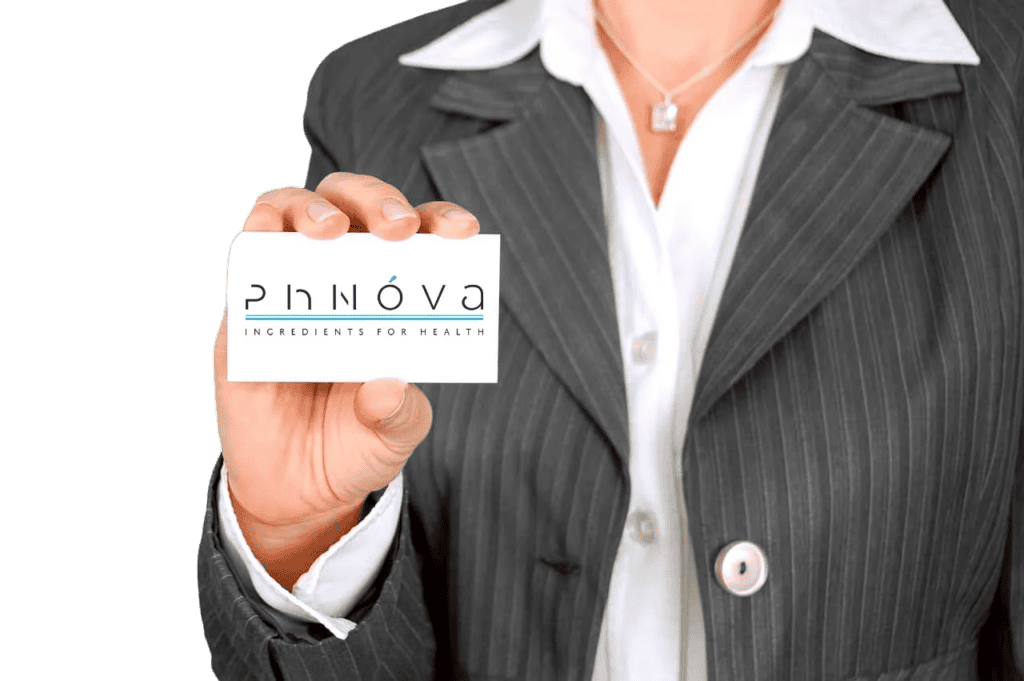
30/03/2025



